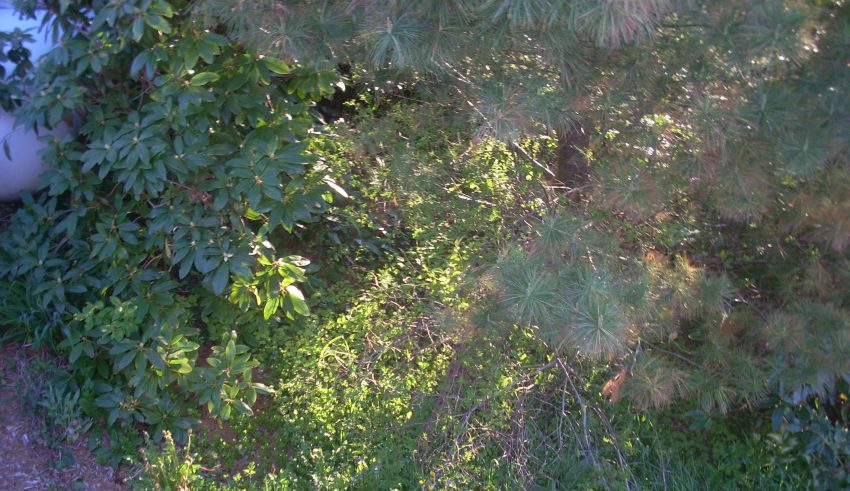
11. One of the benefits of growing older is that we are increasingly able to reflect on our experiences and to learn from them. Have you found any patterns of personal behavior no longer useful in your leadership role? Is so, what are these and how have you changed?
Early on when I was younger, I questioned everything. I was full of myself and thought I should be the leader. Once I got into a professional role in my career path I actually began to feel and act like a leader, but I had a tendency to micromanage because I thought I knew what was best. When I started to pull away from doing that, my real leadership qualities developed. I realized that the test for a true leader is to recognize the value of other people and the benefits they bring, so get out of the way and let them thrive. That’s how I developed as an effective leader. I came to love watching the process of people developing. It’s so fulfilling to witness this happening, to get out of the way and watch others grow.
12. What leadership qualities do you most admire in effective leaders that you have known? Which of these qualities do you believe best describe your leadership?
Strength and tact. I remember one board member in particular who we had at Hospice. He was a gruff guy, very successful, very wealthy, and from his career he was accustomed to being in charge. When we were in meetings a question would come up during discussion and this guy would cut-off people with his own answer—which always turned-out to be right. However, he would also without fail acknowledge and apologize when he felt he had been inappropriate. I had so much admiration for that guy. Later, when he died, his wife called and asked if I would say a few words at his funeral. I said that he used to call himself an atheist and didn’t believe in God or in spirituality. But to me, he was one of the more spiritual people I had ever met. To me, spirituality is how you live your life, how you relate to one another. The fact that this man was able to apologize when he was wrong made people love him for this trait. So, I think tact and diplomacy in leadership is really crucial.
13. What, if any, spiritual traditions or practices do you most draw upon in exercising leadership?
I believe in a higher authority, that one can get guidance from that authority, and that one should keep that relationship to oneself. I’ve drawn a lot of strength over the years from this point-of-view. In my view of spirituality, I put a great deal of emphasis on not being judgmental of others. I tend to think of spirituality as how we live our lives on a daily basis and how we interact with one another. It all boils down to the old Golden Rule, which is not simple or easy and doesn’t always work in the short-term. In looking back at my leadership role, I’ve gained strength from my spirituality. When difficult times arose, I’ve had a spiritual base to draw on.
Download Article















